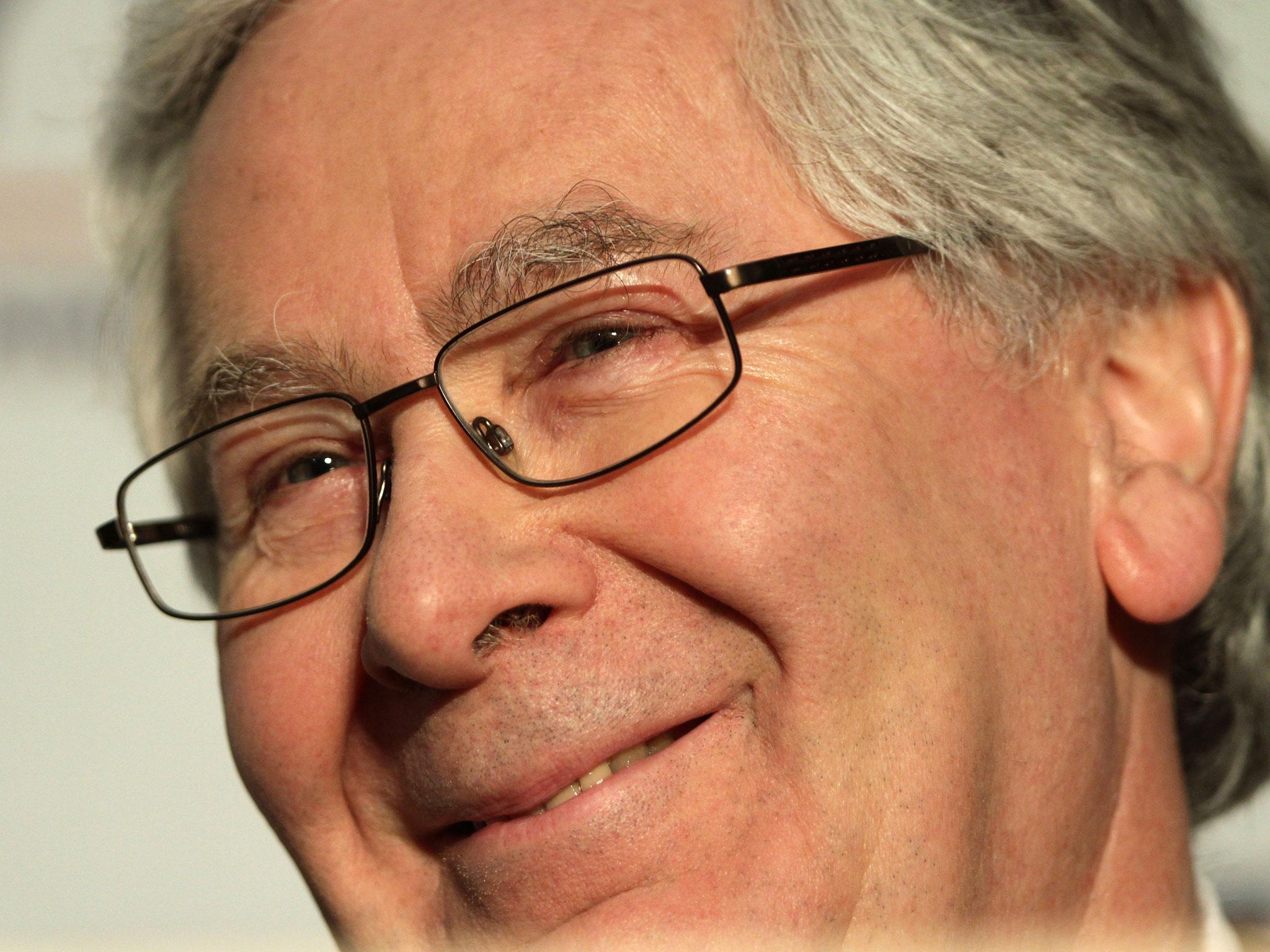Your support helps us to tell the story
From reproductive rights to climate change to Big Tech, The Independent is on the ground when the story is developing. Whether it's investigating the financials of Elon Musk's pro-Trump PAC or producing our latest documentary, 'The A Word', which shines a light on the American women fighting for reproductive rights, we know how important it is to parse out the facts from the messaging.
At such a critical moment in US history, we need reporters on the ground. Your donation allows us to keep sending journalists to speak to both sides of the story.
The Independent is trusted by Americans across the entire political spectrum. And unlike many other quality news outlets, we choose not to lock Americans out of our reporting and analysis with paywalls. We believe quality journalism should be available to everyone, paid for by those who can afford it.
Your support makes all the difference.The End of Alchemy: Money, Banking and the Future of the Global Economy
By Mervyn King (Little, Brown £25)
Mervyn King always vowed he wouldn’t publish a score-settling memoir about who did or said what during the financial crisis. And like a good banker his word has been his bond. In The End of Alchemy there are no juicy revelations from behind the scenes, no knifing of old foes (of whom King had more than his fair share). This is, as King puts it, a book “about economic ideas”.
But don’t be misled. The former Bank of England Governor certainly doesn’t shy away from an intellectual scrap. After an erudite stroll through some of the basics of money, economics and banking, King gets well and truly stuck into the big economic and financial debates of the moment. The likes of Larry Summers, Paul Krugman, Robert Gordon, John Kay, Richard Koo and Adair Turner all need to read this book because King has something bracing to say about each of their big arguments.
Take Summers’ idea that the Western world is in the grip of a “secular stagnation”. King is not impressed. Summers, he says, is simply describing the “symptoms” of the old global imbalances story, or the fact that some major countries are saving to excess, distorting the balance of global demand and supply. The same is largely true of the “balance sheet recession” story of Richard Koo and others.
What about Robert Gordon’s thesis that productivity growth is over – or at least massively diminished – due to an inexorable slowdown in the rate of technological progress. Far too early to make that kind of assessment, says King. Fiscal policy to blame for pretty much everything, as Krugman and other Keynesians tend to preach? Not so, says King. Fiscal expansion in deficit countries would not be sustainable. It’s the surplus nations that need to reflate.
More radical monetary policy then? How about “debt monetisation” by central banks, as advocated by Adair Turner? Same problem. Merely brings demand forward to today from tomorrow, says King. And soon enough tomorrow arrives and you’re stuck.
On financial reform is “narrow banking” the answer to disastrous bank runs, as John Kay and others think? Unnecessarily revolutionary, responds King. Better to set our sights on a more practical and less disruptive goal: much tighter liquidity requirements for banks. He also stresses that it’s a mistake to obsess about banks, or debt, in the search for the roots of the present malaise.
The depth of King’s thinking is impressive, and he makes a powerful case for putting “radical uncertainty” at the heart of any formal attempt to model economies. Yet his suggested real world reforms feel rather undercooked. He argues that the “alchemy” – and chronic instability – of private banking can be squeezed out by turning central banks into “pawnbrokers for all seasons”. It’s certainly a serious and original idea. The trouble is that the success of such a system would hinge on the judgements of central bankers about what “haircuts” to impose on banks’ collateral. What reason is there to believe they would get it right? King doesn’t elaborate.
And on correcting those fiendish global imbalances King seems to recommend concerted action from enlightened nations, under the stewardship of a reformed International Monetary Fund. But that’s the agenda many clear-thinking politicians and analysts have been pushing for years, with virtually no success. King doesn’t give any reason to hope the dam of delusion and obstinacy is about to be breached.
Nevertheless, this is still an exceptionally thought-provoking book - and might even become a modern landmark once its many fresh ideas have percolated. Speaking personally, as an economics reporter who covered the Bank of England when King was Governor, it was a revelatory reading experience. He often hinted at some of these theses. But he never fully spelled them out – or linked them together. Many were, alas, too politically contentious. But he’s now free (to coin a phrase King once used in another context) to shout them from the rooftops. It will be fascinating to hear what gets shouted back.

Join our commenting forum
Join thought-provoking conversations, follow other Independent readers and see their replies
Comments